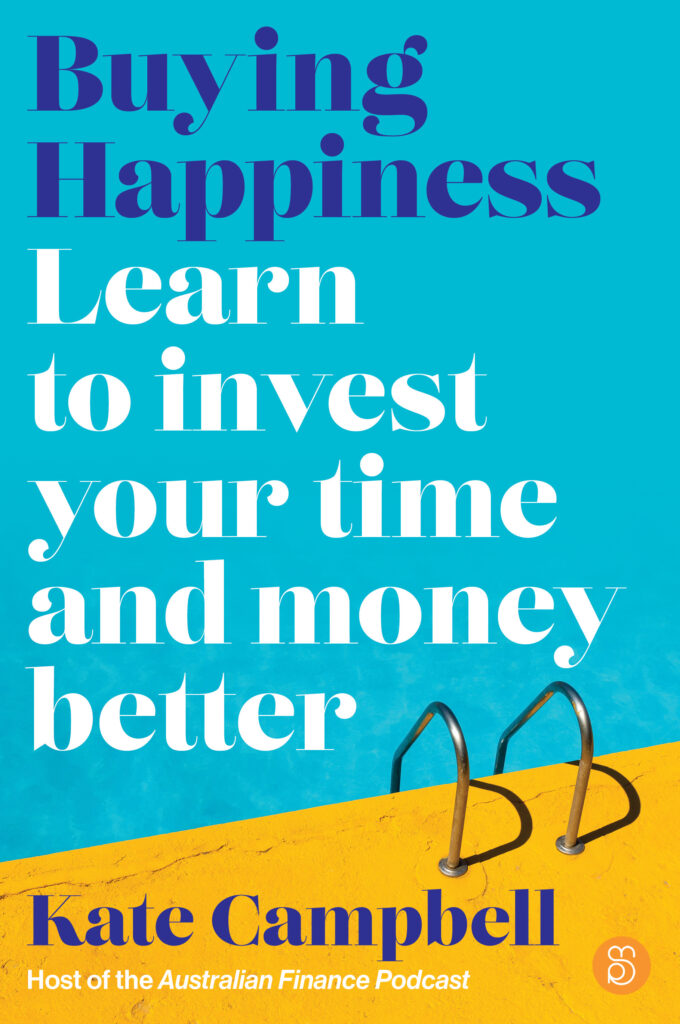
Faces of Finance: Kim Petersen from Vanguard
Through the lens of the media you often just see one side of finance, Wall Street traders and stock charts make up most of the images that grace your screens. At How To Money, we know there’s a lot more to finance than that, and there are countless individuals working in the industry across a wide variety of roles.
Whether you’re looking to work in finance or are just interested in what they do all day, this series focuses on people working in the industry and their stories. Welcome to the Faces of Finance…
In this instalment of Faces of Finance, we interviewed Kim Petersen, the Chief Information Officer at Vanguard Asia Pacific. We’d love your feedback and suggestions on who we should interview next! Get in touch via the comments section below or send us an email at howtomoneyaus@gmail.com.
Introducing Kim Petersen from Vanguard APAC
I’m the Chief Information Officer, Asia Pacific at Vanguard — Vanguard is one of the world’s largest global investment management companies. In Australia, Vanguard has been serving financial advisers, retail clients and institutional investors for more than 20 years.
I’m responsible for the delivery of technology across our Asia Pacific region, with an Australian based team functioning as one of three critical IT hubs for Vanguard globally. Our focus is very much on providing our investors with the best chance of investment success, with technology playing an important role across the business — from how we manage our funds, to how we serve our clients.
How did you get into finance?
I’m relatively new in the finance world, having spent the majority of my career in technology roles across the automotive and aviation industries. I have grown up in companies that have a focus on safety, quality and cost — with very tangible, visible products that we can all relate to. Who hasn’t driven a car or flown in a plane?
The companies at which I have worked, such as Ford and Jetstar, have a history of disrupting their industries with low cost, accessible products for all — and I saw something similar in Vanguard — with their mutual structure driving a culture of client centricity, through low cost, high-quality financial products that have historically been unattainable to the average investor.
What do you enjoy about working in the financial services industry?
I’m coming up to 18 months in the industry, and it’s been a wonderful learning curve! My observation is that the finance industry highly values the role technology plays in achieving their business objectives.
At Vanguard, this manifests in strong partnerships between technology and business teams, with outcomes prioritised and delivered through blended, product aligned teams. These teams are squarely focused on client outcomes, be that for a portfolio manager, advisor or the end investor — and for me, that makes for enjoyable work.
Do you see any downsides to working in this industry?
The broad financial services industry certainly suffered reputational damage following the Banking Royal Commission, which may have disheartened both consumers and those contemplating a career in finance. There is a heightened awareness amongst consumers, as they ask themselves who can I trust?
The plus side is there is a focus on all participants in the financial services industry ensuring a steadfast effort on delivering positive outcomes for the Australian’s who are engaged as clients, shareholders and employees. Which should ultimately lead to better consumer and client outcomes as scrutiny is applied.
What is the most common misconception you think others have about the industry?
The finance industry, and in particular investing, can be quite daunting to the average Australian. I’ll admit, my financial acumen before joining Vanguard was limited, and I often have friends ask me “how do I even get started?”.
There can appear to be a barrier of entry that exists for those outside of the financial services industry, and as members of this industry, I think we have a role to play in making it more accessible and understood, which is why Vanguard focuses on educating current and future investors on the benefits of low-cost, highly diversified investments, held over a long period of time.
It‘s been interesting to observe the role technology has played in reducing those barriers, particularly over the past five months during the coronavirus market volatility, where hundreds of thousands of new investors have opened online trading accounts. Now, more than ever education and advocacy for investment acumen matters.
If you received $1000 extra to spend to ‘increase your happiness’ right now, what would you use it on?
We are in the midst of Coronavirus Stage 3 restrictions in Melbourne, and like many parents, are juggling working from home along with distance learning. With limited options for outdoor activity, our kids are learning how to ride their bikes — so it’s probably time I got my old bike repaired to join them. I’m also thinking a Nintendo Switch would be a bit of iso fun for the kids, and let’s be honest, their happiness = my happiness.
What are your tips for young Australians considering a career/job in finance?
The finance industry offers endless opportunities for technology professionals. My advice for anyone considering a career in finance, or any sector for that matter, would be to do your research and to reflect upon your own personal values. Tough questions to answer as you start out, but something you will learn over time.
What do you enjoy doing? Does your profession add value in the financial services sector? Does the company culture align with your own? Do you have room for continuous growth and learning? Are you proud of what you do?
Want to learn more about money and personal finance? Check out our article archive, the How To Money Podcast and the Australian Finance Podcast. Catch us on Twitter @HowToMoneyAUS and Instagram on @HowToMoneyAUS.
Important Information
The information on this blog and website is of a general and educational nature only. It does not take into account your individual financial situation, objectives or needs. You should consider your own financial position and requirements before making a decision, as we are not an advisory service. We recommend you consult a licensed financial adviser in order to assist you. The information is based on assumptions or market conditions which can change without notice, and this will impact the accuracy of the information provided. This website and blog occasionally provide links to third-party sites, aimed at helping you gather the information required to make an informed decision — we may receive payment for these referrals.






